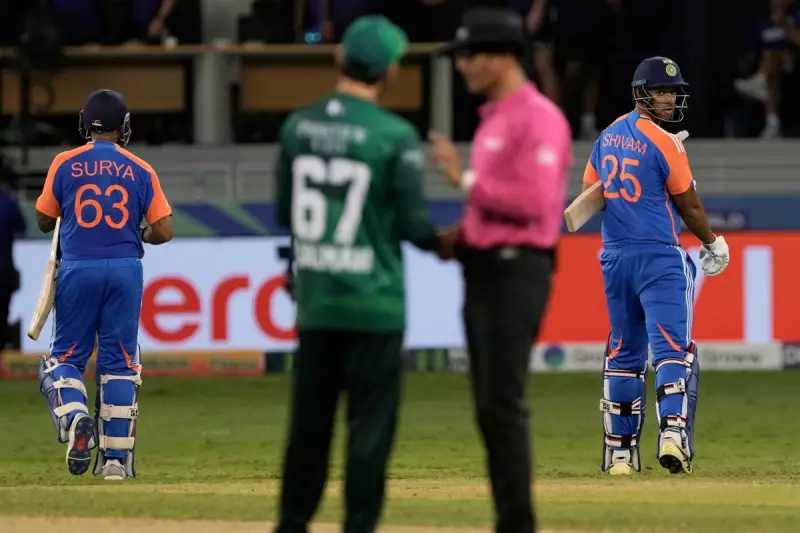
A routine cultural summit in Dubai descended into a diplomatic battleground this week as representatives from India and Pakistan engaged in a fierce war of words over the Urdu language.
The heated exchange, which observers say underscores the deep-seated geopolitical tensions between the nuclear-armed neighbours, occurred during a panel discussion on linguistic heritage.
The Heart of the Dispute
The confrontation began when a Pakistani delegate claimed exclusive cultural ownership over Urdu, presenting it as a fundamental pillar of Pakistani national identity. The Indian delegation immediately countered this assertion, reminding attendees that Urdu boasts deep historical roots within India and remains one of the country's 22 officially recognised languages.
"This isn't just about linguistics; it's about history and heritage," an unnamed source close to the Indian delegation stated. "To suggest Urdu belongs to one nation is to ignore its rich, shared past across the subcontinent."
A History of Shared Culture
Urdu, known for its poetic tradition and literary elegance, has long been a cultural bridge in South Asia. Its development is deeply intertwined with the history of both modern-day India and Pakistan, making the debate over its ownership particularly charged.
The argument in Dubai quickly moved beyond academic discussion, tapping into the longstanding political and territorial disputes that have defined Indo-Pakistani relations for decades.
Implications Beyond the Conference Hall
Analysts suggest that such spats, while seemingly focused on culture, often serve as proxies for broader geopolitical disagreements. The language debate reflects ongoing tensions that frequently play out on the world stage, from the United Nations to international sporting events.
This latest incident in Dubai demonstrates how cultural diplomacy can quickly become yet another arena for the complex and often fraught relationship between these two nations, even in a neutral setting far from their shared border.





